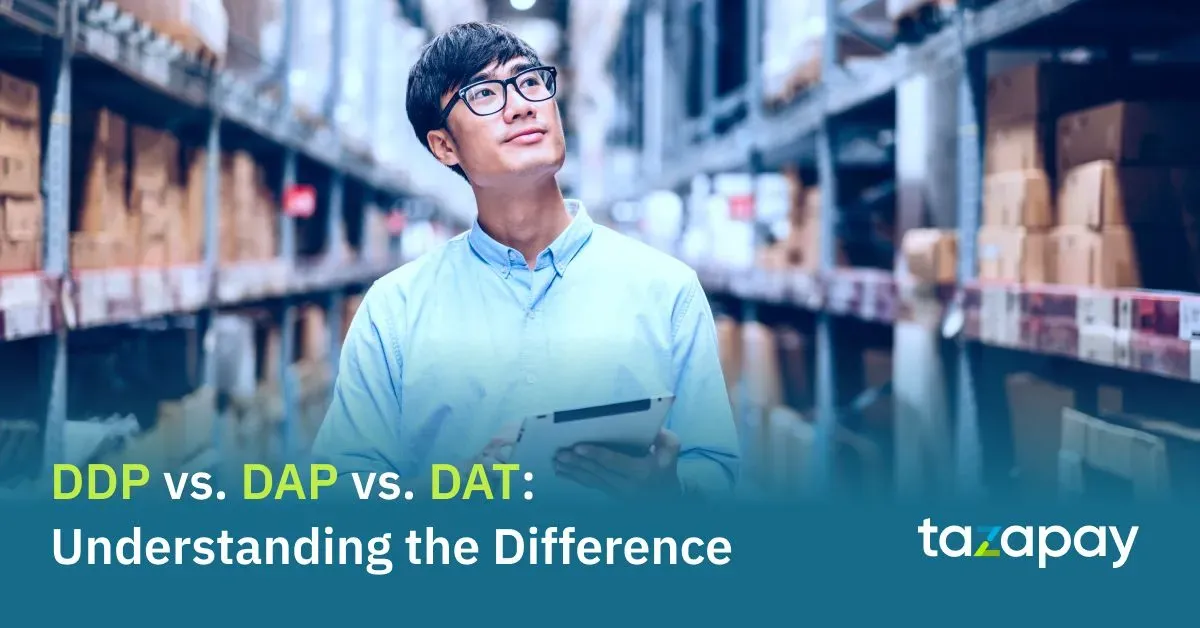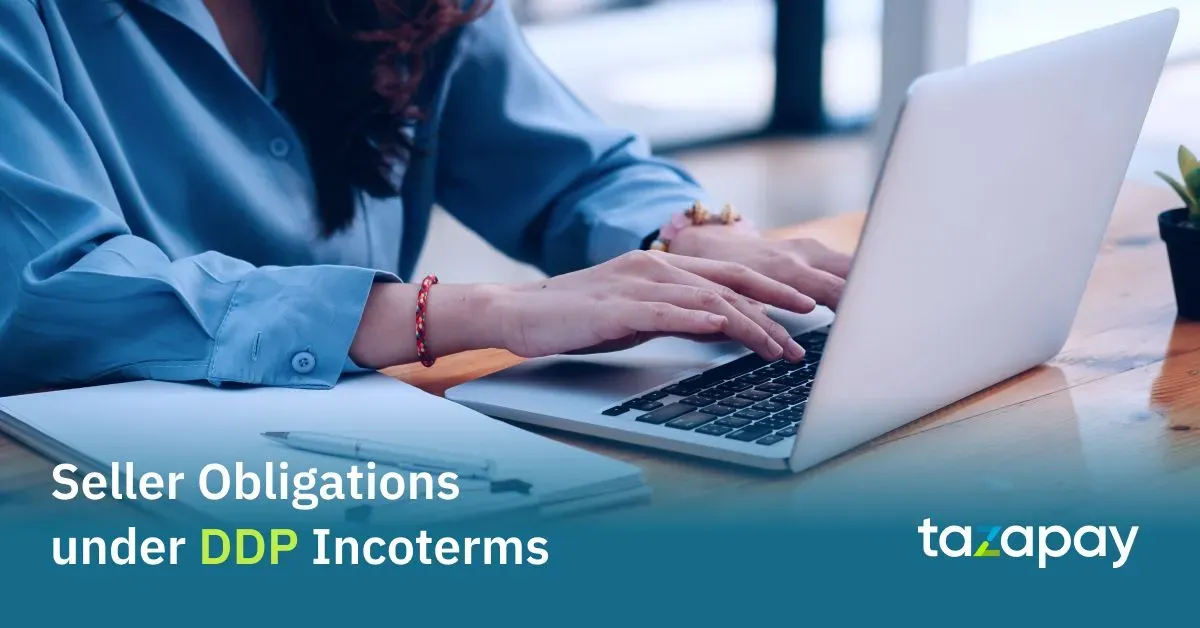- Home
Blog Blog
Customs & Incoterms Customs & Incoterms
10 New Rules You Need To Know About Incoterms 2020
10 New Rules You Need To Know About Incoterms 2020

Incoterms change every 10 years, and Incoterms 2010 have now been replaced with Incoterms 2020 – issued in September 2019.
One of the most important requirements for ensuring a seamless and successful trade, amongst others, is selecting the right Incoterms. An incoterm (abbreviated from the term International Commercial Terms) is a trade rule – part of a set of trade rules – that are used in international transactions. It guides the import and export process and definition of the related costs, risks and goods transport/delivery for the transaction.
These trade rules are issued by the International Chamber of Commerce and are binding on all participant countries, sellers, buyers and financial entities (like banks).
This blog addresses the top 10 things to know about the new incoterms so that you remain aligned and compliant with stakeholders, VAT or other declarations for your trade:
1. Provision to allow the Seller or buyer to arrange own transport
Not all goods transported from the seller to the buyer are accomplished by 3rd Party carriers or providers, an assumption in the Incoterms 2010 rules. The 2020 new rule acknowledges buyers or sellers may not want to contract a third party for goods transportation and may use their own vehicles instead. The 2020 rule change allows for the seller to arrange their own transportation under Free Carrier and buyer under DAP incoterm (Delivered At Place), DDP incoterm (Delivered Duty Paid), and DPU incoterm (Delivered Place Unloaded).
2. Buyer must instruct the carrier to issue an on-board Bill of Lading for FCA
This is an important change to encourage parties to use the appropriate incoterm rule (FCA or FOB).
- The new rule is directed towards the FCA rule whereby the buyer can instruct the appointed carrier to issue a Bill of Lading with on-board notation to the seller.
- This Bill of Lading issuance to the seller can only be done after the goods are physically loaded on board the right vessel.
3. Costs and insurance
Another change to the 2020 rule, cost obligations between parties, is clearly stated to ensure there are no additional charges and add-ons. Cost ambiguities were an issue in the 2010 incoterms and new rules aim to clarify the cost allocation for both parties to avoid disputes. The 2020 rule also allows for different levels of insurance coverage for CIF and CIP terms, taking into consideration different commodity types. However, the coverage level has to be negotiated between Buyer and Seller.
4. DPU replace DAT
The new incoterms recognise that the destination could be any place, and not just be designated as a ‘terminal’. DPU clarifies seller responsibility to deliver the goods and transfers the risk to the buyer once the goods are unloaded at the agreed destination.
5. Detailed guidance for users
The new incoterms have more extensive explanatory notes for users, replacing the previous generic guidance notes. The new notes explain the necessary incoterms to be applied for a particular trade with better diagrams, clarifying roles and risk clearly.
6. Additional security-related obligations are added
Transportation security has become extremely important especially after 9/11. There are additional requirements to the carriage costs, risk and obligations from Incoterms 2010. Incoterms 2020 brings new security requirements in each rule.
7. Incoterms 2010 are still valid if…
Contracts made under Incoterms 2010 and executed before January 1, 2020 are valid. However, parties in a sale transaction may use any version after 2020. Do clearly specify which version of the incoterms you are using for your trade, to facilitate proper processing of international shipping documents.
8. Revised customs clearance rules
Incoterms® 2020 are more precisely worded in terms of whether the seller or the buyer is responsible for accomplishing customs clearance and formalities. The revised rules also include release of goods in transit, while assigning liability to the party assuming risk of transport to final destination.
9. More certainty for sellers
Incoterms 2020 provide greater security and certainty to sellers, in terms of reducing costs and risk against liabilities until the order is loaded onto the ship or flight.
10. Copies of Incoterms 2020 are available from two sources
Get your copy of Incoterms 2020 from the ICC Bookstore or USCIB Bookstore.
Selecting the incoterm for your transaction can be a difficult choice, which is why we developed a free tool to help you make the best decision for your business. Check out our Knowledge centre for more information on which incoterm is more appropriate for your needs and details on customs procedures.
Category

Customs & Incoterms
10 New Rules You Need To Know About Incoterms 2020
Related Articles

DDP vs. DAP vs. DAT: Understanding the Difference

2010 vs. 2020: What Has Changed in Incoterms






